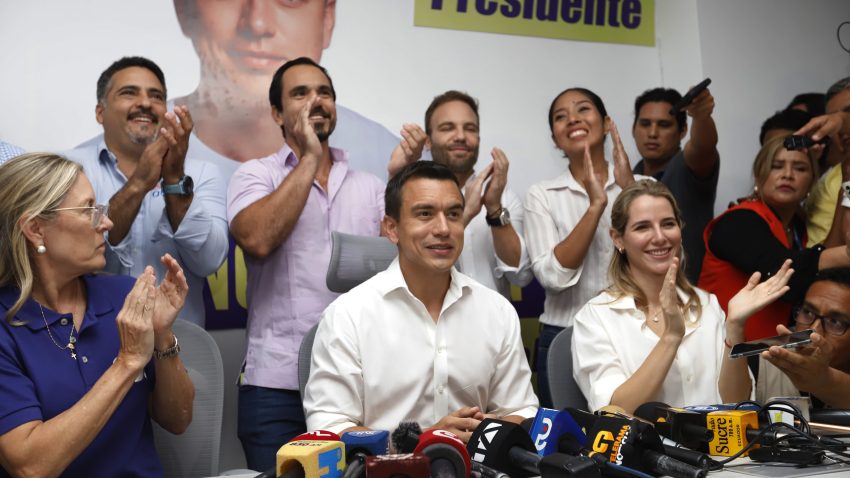When Ecuador’s anti-corruption candidate Fernando Villavicencio was assassinated just a few weeks before the presidential election, the obvious prediction was that the shocking event would give a boost to the candidate vowing to take a hard line against the surging gang violence plaguing the country.
That commonly held view, which proved wrong, was not only based on the expectation that rising crime would lead voters to choose hard-on-crime candidates. It was fueled even more by the experience of El Salvador, where the draconian measures imposed by President Nayib Bukele have crushed criminal gangs, restored a sense of normalcy for the population, and in the process turned Bukele into the country’s most popular leader in decades, with the highest approval ratings of any president in Latin America. His strategy of rounding up tens of thousands of suspects and warehousing them in giant prisons without much concern for due process has raised the alarm of human rights groups and democracy watchdogs, who accuse Bukele of running an “assault on democratic institutions” with “grave human rights violations,” but has transformed life in a country that used to have one of the world’s highest murder rates, gaining the support of almost 90 percent of the population, according to polls.
As a result, politicians across the region have started molding themselves in Bukele’s image, drawing the not-unreasonable conclusion that they could benefit from proposing the plans that made Bukele an object of worshipful admiration at home.

